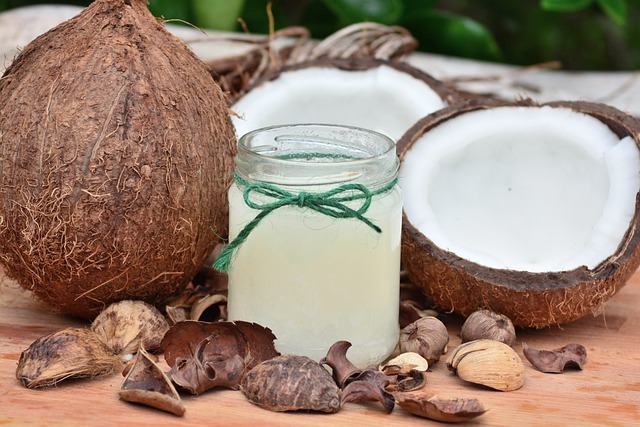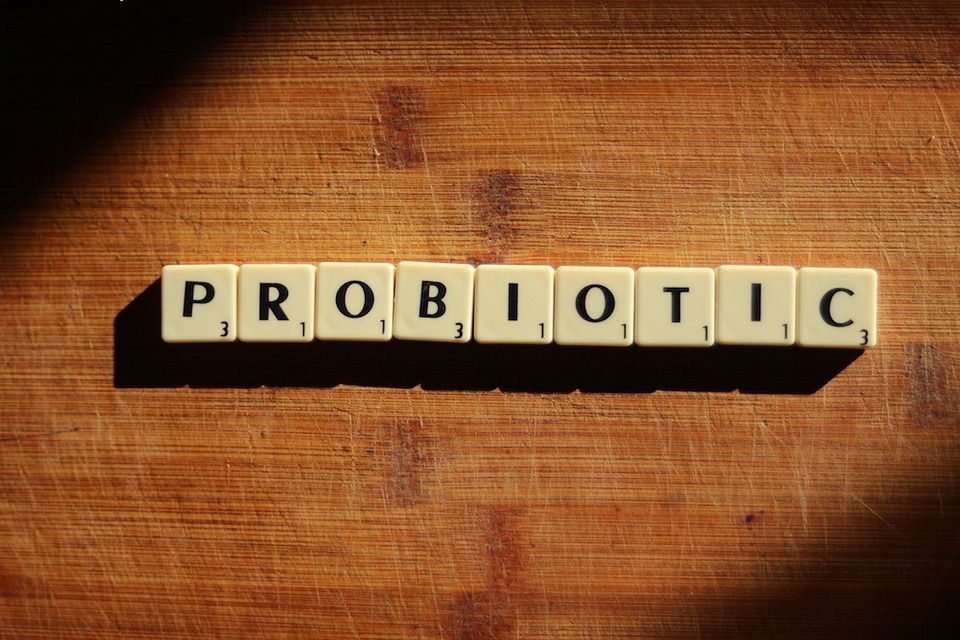Probiotics are beneficial microorganisms that can improve overall health and wellness, including children’s health. In fact, probiotics can play a crucial role in supporting a child’s developing immune system and digestive system. In this article, we’ll explore the relationship between probiotics and children’s health, and how probiotics can be used to support a healthy immune system, digestive system, and overall growth and development.
What Are Probiotics?
Probiotics are live microorganisms that are beneficial for your health, particularly for your digestive system. They can naturally occur in your body or be found in certain foods and supplements. The most common probiotic strains include Lactobacillus and Bifidobacterium.
Probiotics work by colonizing your gut with beneficial bacteria. These bacteria help to regulate your gut microbiome by crowding out harmful bacteria and promoting the growth of beneficial ones. This helps to maintain a healthy balance of bacteria in your gut, which is essential for optimal digestion, nutrient absorption, and immune function.
How Do Probiotics Affect Children’s Health?
There is growing evidence to suggest that probiotics can play a role in improving children’s health. Here are some of the ways that probiotics can affect children’s health:
1. Supporting a Healthy Immune System
Probiotics can help support a healthy immune system in children by promoting the growth of beneficial bacteria in the gut. This can help to prevent and treat infections, such as colds, flu, and ear infections. Probiotics can also help to reduce the risk of allergies and asthma by regulating the immune system.
2. Improving Digestive Health
Probiotics can help to improve digestive health in children by promoting a healthy balance of bacteria in the gut. This can help to prevent and treat digestive issues, such as diarrhea, constipation, and irritable bowel syndrome. Probiotics can also help to reduce the risk of inflammatory bowel disease (IBD) by reducing inflammation in the gut.
3. Supporting Overall Growth and Development
Probiotics can support overall growth and development in children by improving nutrient absorption and promoting a healthy balance of bacteria in the gut. This can lead to better growth and development, including improved cognitive function and bone health.
How to Incorporate Probiotics into Your Child’s Diet
Incorporating probiotic-rich foods and supplements into your child’s diet is an easy and delicious way to support their health. Here are some of the best probiotic-rich foods to add to your child’s diet:
- Yogurt
- Kefir
- Kimchi
- Sauerkraut
- Miso
- Tempeh
- Kombucha
- Kvass
- Pickles
- Natto
Probiotic supplements are also available, but it is important to choose a high-quality product from a reputable company.
Final Thoughts
Probiotics can play a significant role in improving children’s health by supporting a healthy immune system, improving digestive health, and promoting overall growth and development. By incorporating probiotic-rich foods and supplements into your child’s diet, you can support their health and wellness. However, as with any supplement, it is important to consult with your child’s healthcare provider before giving them probiotic supplements, particularly if they have any underlying health conditions or are taking any medications.







